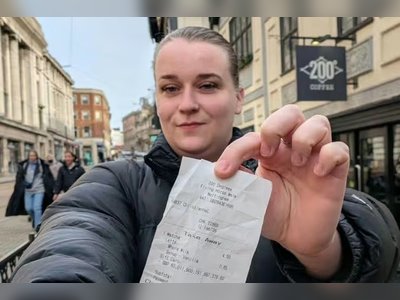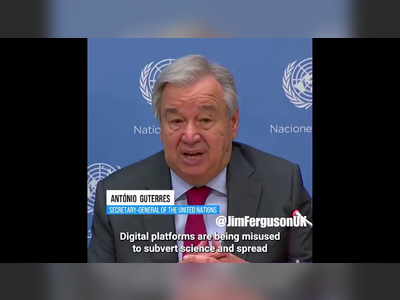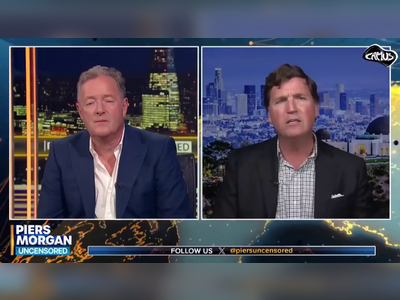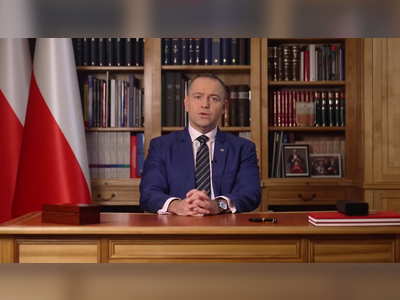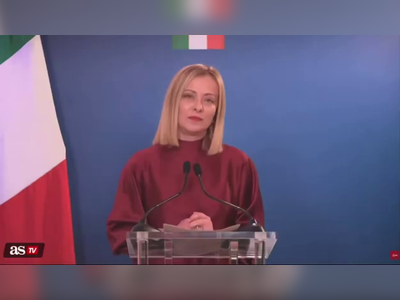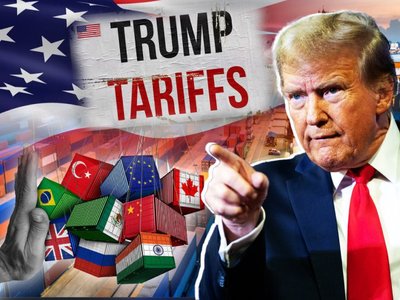Nationwide Pharmacy Strike Threatens Dutch Healthcare Stability During Christmas Week
Unprecedented protest over wages and workload to shutter Dutch pharmacies amid strained healthcare dynamics, sparking essential service concerns.
A brewing labor dispute threatens to plunge Dutch healthcare into disarray as nationwide pharmacy closures loom over the Christmas week.
Pharmacy staff are set to strike from December 23rd, with planned actions spanning through incessantly crucial public holidays on December 25th and 26th, before resuming on December 27th.
The strikes, organized by the national labor unions FNV and CNV, underscore a brewing discontent over heavy workloads and stagnant wages.
This halt in pharmacy services marks the second large-scale action this year, following a previous protest on November 12th, which saw nearly 10,000 workers take to Malieveld in The Hague.
Persistent 'work-to-rule' actions since September already disrupted usual operations, prompting closure of almost all pharmacies across the Netherlands at least once over the past months.
Despite the sweeping closures, union representatives assure the public that essential emergency pharmaceutical services will remain unaffected.
CNV's Albert Spieseke highlighted the critical role pharmacies play within the healthcare ecosystem, emphasizing that the decision to strike was not taken lightly.
"In emergencies, patients will still have access to medications," noted Spieseke, although it might require visiting alternative locations depending on regional availability.
However, the spontaneous suspension of service raises flags particularly with the employer's association, WZOA, whose president, Karin Beuning, expressed regret over the timing and necessity of such measures.
"It’s a stance that goes against the spirit of Christmas," she remarked, highlighting frustration with unions for not recognizing the technical expertise of the pharmacies.
Beuning anticipates pressure on urgent care services, challenging union claims of assured provision.
Beuning warned about potential risks including a backlog of prescriptions that could engender errors, stressing that not all service needs could be met adequately under emergency protocols.
As negotiations remain tense, the WZOA hopes for a resolution through a scheduled safety consultation with union leaders, mediated by a neutral chairperson this afternoon.
Key amongst union demands is a 6% salary increase retroactive from July 1st, alongside salary reform, which would see minimum hourly rates rise to €16.
They also advocate for systemic changes to alleviate workload pressures and remunerate preparatory duties performed by employees.
Conversely, employers are firm on their limit of a 2% raise from July this year, incrementing by 5% next July, citing external constraints from health insurers and government policies.
The upcoming industrial action not only threatens to disrupt festive season healthcare services but also casts a sharp spotlight on the underlying policy structures governing the pharmaceutical supply chain.
As essential negotiations continue, all eyes remain fixed on whether a breakthrough can avert the potentially severe ramifications of a week-long service hiatus during an already demanding period for healthcare right across the Netherlands.
Pharmacy staff are set to strike from December 23rd, with planned actions spanning through incessantly crucial public holidays on December 25th and 26th, before resuming on December 27th.
The strikes, organized by the national labor unions FNV and CNV, underscore a brewing discontent over heavy workloads and stagnant wages.
This halt in pharmacy services marks the second large-scale action this year, following a previous protest on November 12th, which saw nearly 10,000 workers take to Malieveld in The Hague.
Persistent 'work-to-rule' actions since September already disrupted usual operations, prompting closure of almost all pharmacies across the Netherlands at least once over the past months.
Despite the sweeping closures, union representatives assure the public that essential emergency pharmaceutical services will remain unaffected.
CNV's Albert Spieseke highlighted the critical role pharmacies play within the healthcare ecosystem, emphasizing that the decision to strike was not taken lightly.
"In emergencies, patients will still have access to medications," noted Spieseke, although it might require visiting alternative locations depending on regional availability.
However, the spontaneous suspension of service raises flags particularly with the employer's association, WZOA, whose president, Karin Beuning, expressed regret over the timing and necessity of such measures.
"It’s a stance that goes against the spirit of Christmas," she remarked, highlighting frustration with unions for not recognizing the technical expertise of the pharmacies.
Beuning anticipates pressure on urgent care services, challenging union claims of assured provision.
Beuning warned about potential risks including a backlog of prescriptions that could engender errors, stressing that not all service needs could be met adequately under emergency protocols.
As negotiations remain tense, the WZOA hopes for a resolution through a scheduled safety consultation with union leaders, mediated by a neutral chairperson this afternoon.
Key amongst union demands is a 6% salary increase retroactive from July 1st, alongside salary reform, which would see minimum hourly rates rise to €16.
They also advocate for systemic changes to alleviate workload pressures and remunerate preparatory duties performed by employees.
Conversely, employers are firm on their limit of a 2% raise from July this year, incrementing by 5% next July, citing external constraints from health insurers and government policies.
The upcoming industrial action not only threatens to disrupt festive season healthcare services but also casts a sharp spotlight on the underlying policy structures governing the pharmaceutical supply chain.
As essential negotiations continue, all eyes remain fixed on whether a breakthrough can avert the potentially severe ramifications of a week-long service hiatus during an already demanding period for healthcare right across the Netherlands.

